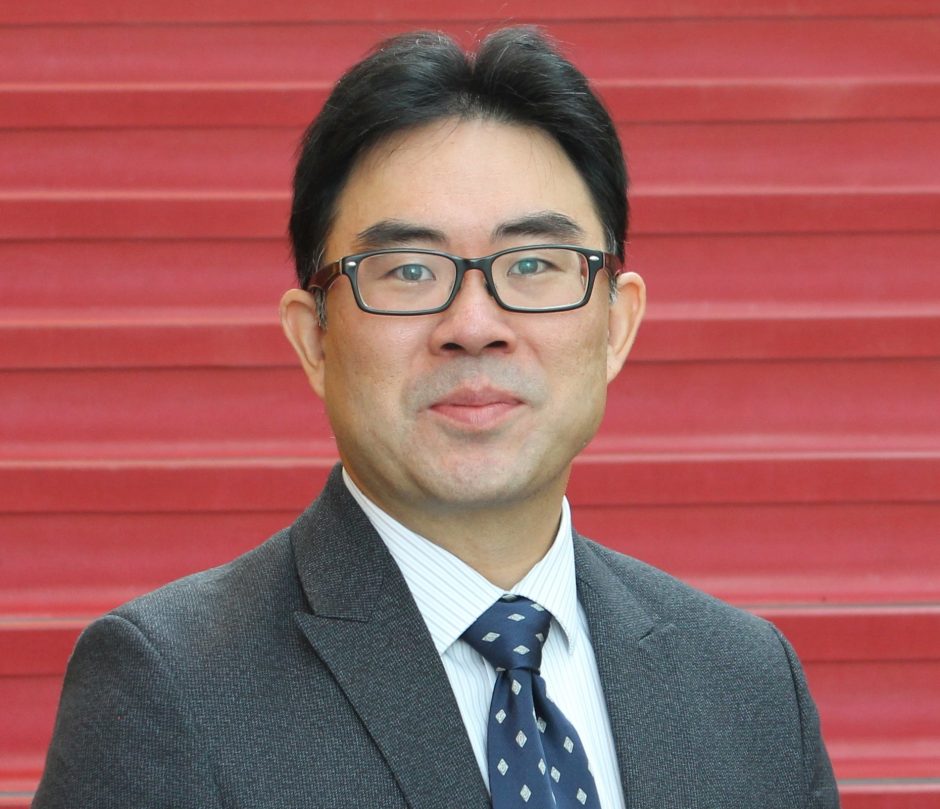
Assistant Professor Dr. Brodie Sakakibara has been awarded a Heart and Stroke Foundation New Investigator award for his research on “Virtual health innovations for secondary prevention after stroke”.
The New Investigator (NI) program is a 3-year salary award to recognize and support researchers who have demonstrated excellence as an early career investigator. The award enables these researchers to build momentum and focus in their specialist area of research, and to further establish their research career. This salary award will allow Dr. Sakakibara the time to continue his work in stroke research and dig deeper into the potential benefits and opportunities of virtual health interventions.
His current research looks at the feasibility and efficacy of using technologies and virtual platforms to improve chronic disease self-management among stroke survivors. This is a key area of research as there is already some evidence that the use of technology for the delivery of health and rehabilitation reduces the risk of secondary health events and re-admission to the hospital after stroke.
Individuals who have had a stroke often experience long-term consequences which can be detrimental to both their physical and mental health. Currently, the health care system focuses on treatment of acute stroke events, with little emphasis on mitigating ongoing health and recovery concerns, after people have returned home from hospital. This means that survivors of stroke are at a high risk for secondary health events, such as another stroke, disease and disability.
The Research: Three studies that will evaluate virtual health approaches
Dr. Sakakibara’s research consists of three studies aimed at evaluating programs that could help stroke survivors decrease their risk of having another stroke or heart attack.
- TRAIL: The first study will evaluate the effectiveness of TRAIL (TeleRehabilitation with Aims to Improve Lower Extremity Recovery Post-Stroke), a progressive exercise and self-management program delivered in real-time by a virtual rehabilitation therapist, which is designed to improve mobility among stroke survivors.
- Smart Mirror: The second study will examine new technology platforms (e.g., smart mirror technologies) to optimize the delivery of virtual rehabilitation.
- S2MP: The third study will investigate the use of health professions students to deliver a virtual stroke management and secondary prevention program (i.e., Student-run Stroke Management and Prevention’ (S2MP) program), using an interprofessional collaborative care approach.
Wider Benefits
As well as seeking to support the ability of individuals to manage and improve their own health following stroke (and in turn reduce their risk of secondary stroke events), Dr. Sakakibara’s research has important implications that may improve the delivery of virtual health services across Canada.
We are proud to have Dr. Sakakibara as part of our faculty and to see his research continue to establish in this area. His work will advance our knowledge of how to optimize health services and has the potential to create immediate and long-lasting impacts on both our healthcare system and the lives of Canadians.
Images: UBC OSOT